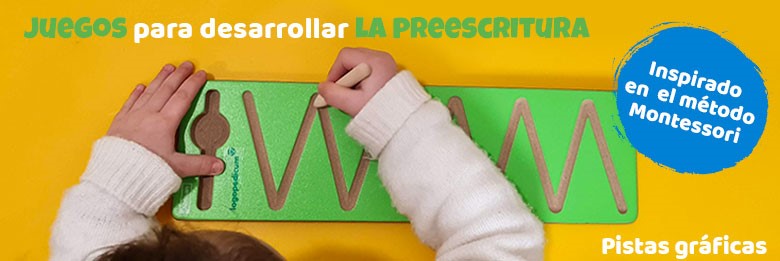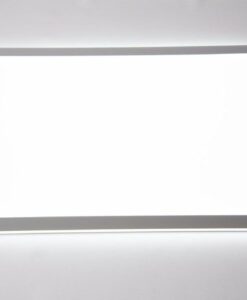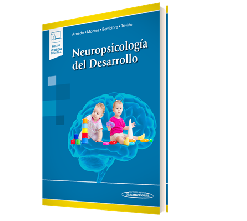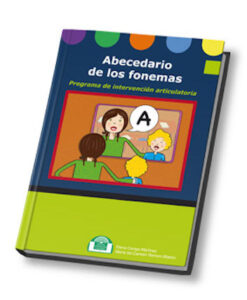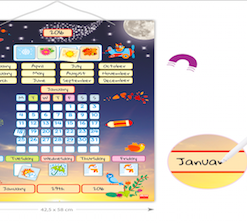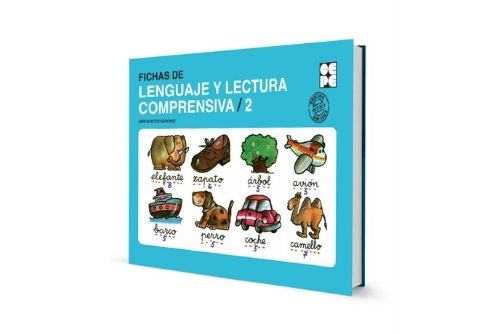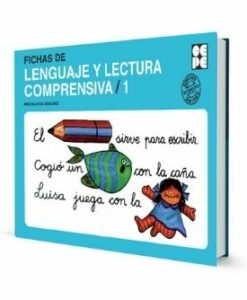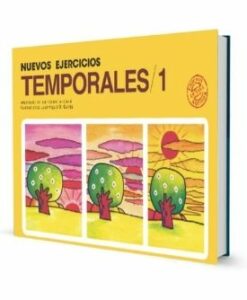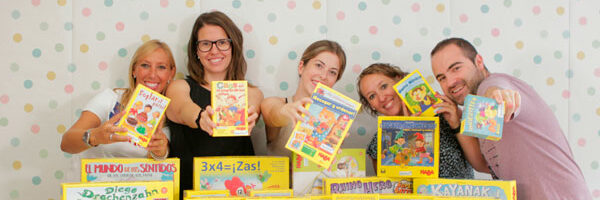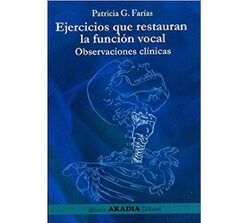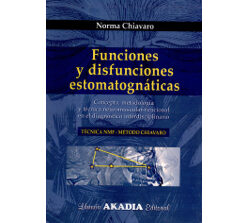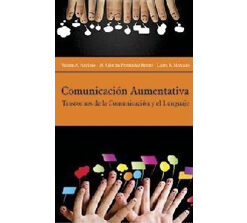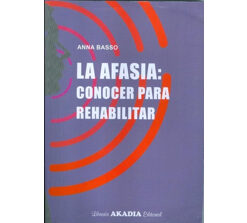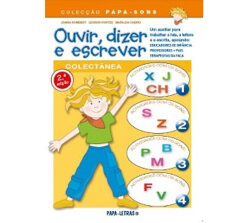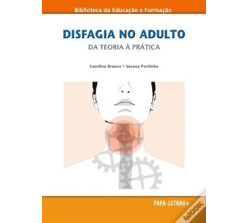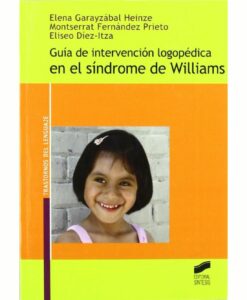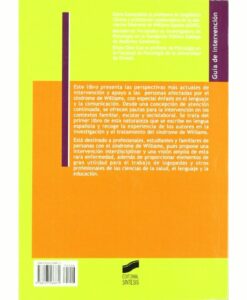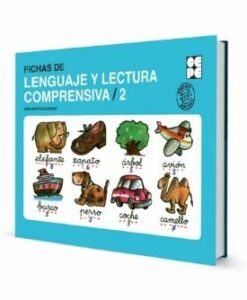Description
These language exercises have been elaborated from the work done with children whose ages corresponded to a primary school level, although their pedagogical levels were below the contents given in the regular classroom. The causes of this age-pedagogical level gap are diverse but can be grouped as follows:
- Children with a deficient schooling process and who, due to their chronological age, are incorporated into the corresponding academic year despite having significant gaps in terms of knowledge and work habits.
- Children with somewhat low intellectual potential who have followed a normal schooling process, although with various difficulties that translate into a slow learning pace. In these cases, access to the pedagogical levels of primary school is more evident because the school contents require a higher degree of abstraction and autonomy, coinciding with an important change in the school dynamics (increase in the number of teachers and subjects).
- Children integrated into the regular school from special education centers; in general terms, they usually present correct work habits and responses to learning in line with their potential. Hence the need for them to be incorporated into the regular school, guaranteeing them psycho-pedagogical support that allows them to continue advancing in their own learning process.
- Children with strong emotional problems that evidently affect their learning pace. They present problems of adaptation to the group and relationship with the teacher; it is difficult for them to assimilate work habits as well as school contents in spite of having an adequate intellectual potential. In these cases, the treatment is of psychological type, although it can be carried out, in parallel and within the school framework, a reeducation attending to the motivational factors of the child, from which their deficiencies can be worked in a globalized way.
In all the problems mentioned so far, it was necessary to carry out an individualized program taking as a starting point the pedagogical level of the child as well as his or her own interests, which necessarily leads to the adaptation of the objectives of the reeducation to these interests. For this same reason, this book intends to suggest a type of exercises not with the purpose of being worked systematically and orderly, but with the purpose of being applied and even modified according to the center of interest that has been elaborated at a given moment of the reeducation.
The selection of these exercises has been made taking into account two fundamental areas that are generally not yet assimilated in the children in question: classification exercises that allow access to later levels of generalization and abstraction, and written comprehension-expression exercises, elaborated from a dynamic and functional point of view.
Text in Spanish.



